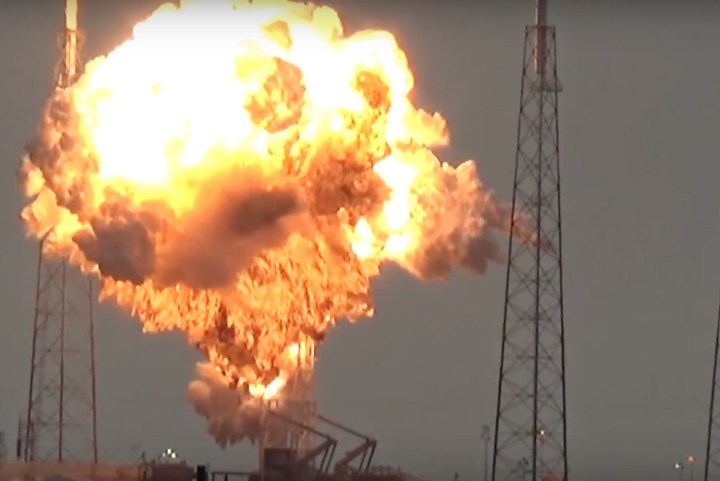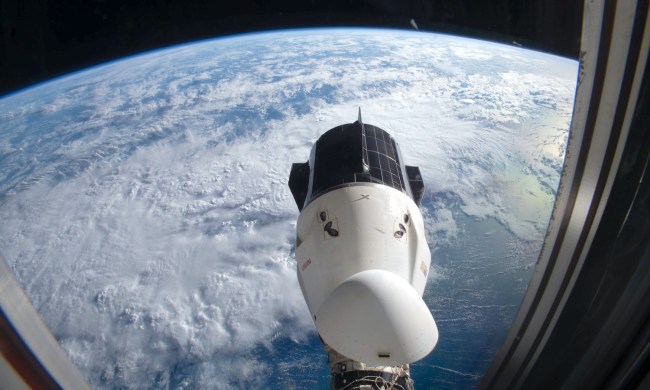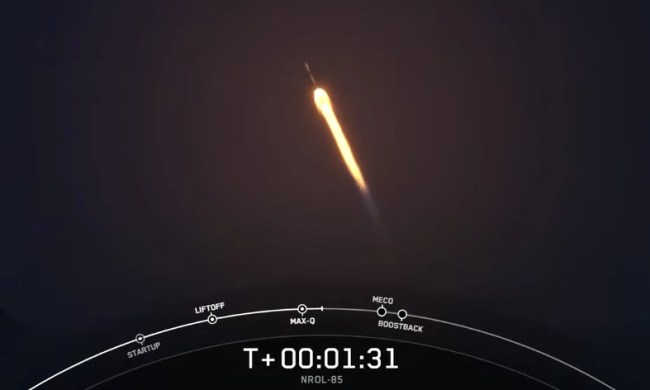
Both companies are apparently competing for a lucrative contract to launch a GPS satellite. ULA confirmed to The Verge that it had submitted a proposal, but not without taking a few shots at SpaceX’s woes first. “As recent launch failures have shown, rockets are not commodities. They are high-risk systems and the consequences of failure are costly and far-reaching,” the group said in a statement.
The late August explosion of a Falcon 9 rocket took with it a satellite — manufactured by Spacecom — aimed at delivering internet to underserved areas of Africa. Facebook was a partner in the effort, and CEO Mark Zuckerberg himself seemingly blamed SpaceX for the loss. The satellite was said to cost between $95 and $200 million to build.
ULA also pointed out its “unmatched record of 111 successful launches in a row, coupled with consistent on-schedule performance” as reasons why its own product is superior. That could be yet another shot at SpaceX, after Spacecom CEO said a week after the explosion he would need to see “several safe flights” before the company would use SpaceX again.
This is not the first time ULA has criticized SpaceX in front of military officials. A leaked letter obtained by the Washington Post from ULA CEO Tory Bruno to the Pentagon lamented the Air Force’s apparent preference for the lowest bid — SpaceX won the first contested contract last year — and said the entire bid process should be extended by 60 days to allow SpaceX to figure out what went wrong and that previous performance and reliability should be equally weighted.
“This strategy defies both law and logic and puts hundreds of millions of taxpayer dollars and Warfighter mission needs unnecessarily at risk,” he argued.
SpaceX so far is declining to comment on ULA’s public statements and also did not comment on whether or not it had posted a bid for this latest contract. Even if it did not, there are several more to bid on — the Air Force plans to open seven more contracts through the end of the 2017 fiscal year, which only SpaceX and ULA are authorized to bid on so far.


